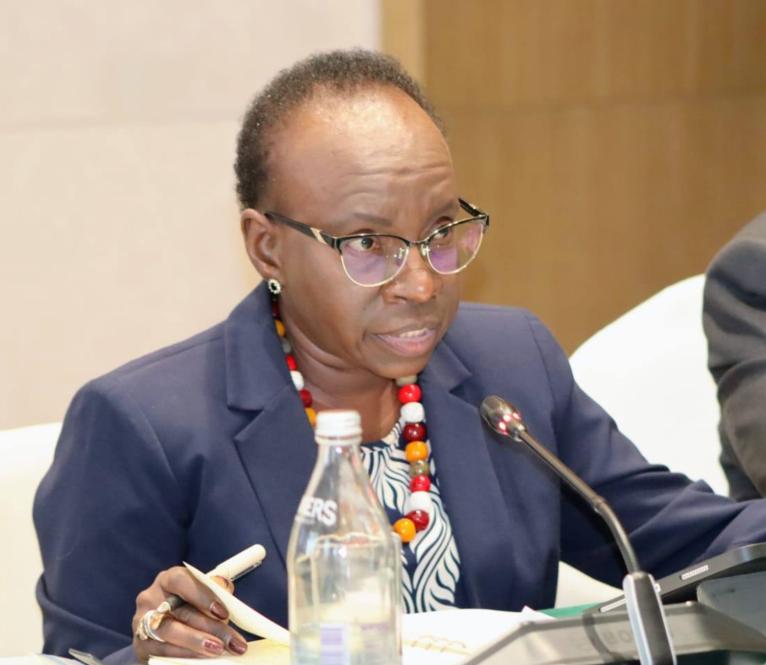Auditor reveals civil servants paid by both national and county governments

The report highlights cases where employees appeared on more than one payroll, a practice outlawed by Article 77 of the Constitution and reinforced by the Leadership and Integrity Act, which bars full-time state officers from holding any other paid employment due to conflict of interest.
Auditor General Nancy Gathungu has revealed that several civil servants are illegally earning salaries from both national and county governments, exposing widespread abuse of public funds.
The findings are contained in a special audit on county executive payroll management covering the financial years 2021-22, 2022-23 and 2023-24.
The report highlights cases where employees appeared on more than one payroll, a practice outlawed by Article 77 of the Constitution and reinforced by the Leadership and Integrity Act, which bars full-time state officers from holding any other paid employment due to conflict of interest.
The Ethics and Anti-Corruption Commission has also termed double employment unethical, especially when many Kenyans remain jobless.
The report provides multiple cases across counties. In Vihiga, an employee was paid by both the county executive and the Teachers Service Commission, receiving Sh156,150 in 2022-23.
In Kwale, a teacher collected Sh625,520 from the county for eight months before deserting duty, while in Mandera, another teacher pocketed Sh390,471 despite remaining on the TSC payroll.
In Trans Nzoia, two employees in 2021-22 were paid Sh833,409 by different government entities. Between 2022 and 2024, nine Machakos county staff received Sh6.51 million from the county executive and Sh6.52 million from other government entities.
In Migori, an employee shared an identification number with another officer in a different agency, collecting Sh357,230 from the county and Sh810,684 from the other employer.
Kisumu was also flagged, while in Wajir, an employee worked for both the county and TSC, earning Sh2.48 million during the three years under review. A similar case was found in Kiambu, where a teacher employed by TSC was also on the county payroll.
The audit further showed that in 2023-24, four Kitui county staff were also paid by TSC, collecting Sh1.29 million from the county and Sh1.78 million from the commission.
In Kericho, three staff continued receiving salaries from the county after joining TSC without completing the proper exit process, resulting in Sh983,454 in irregular payments.
In Uasin Gishu, two employees were paid by both the county and TSC, while in Homa Bay, seven county staff shared ID numbers with employees in other agencies, receiving Sh942,496 from the county and Sh635,810 from elsewhere. In Nyamira, one employee in 2023-24 was paid Sh125,650 by the county and Sh120,000 by TSC.
The audit also flagged 10 Makueni county employees who, during the three years reviewed, were on both the county and national payrolls, drawing a combined Sh9.67 million.
The revelations underline the risk of overpayments and loss of public funds due to staff appearing on more than one payroll. The Auditor General noted that such cases erode integrity in public service and called for stricter oversight.
